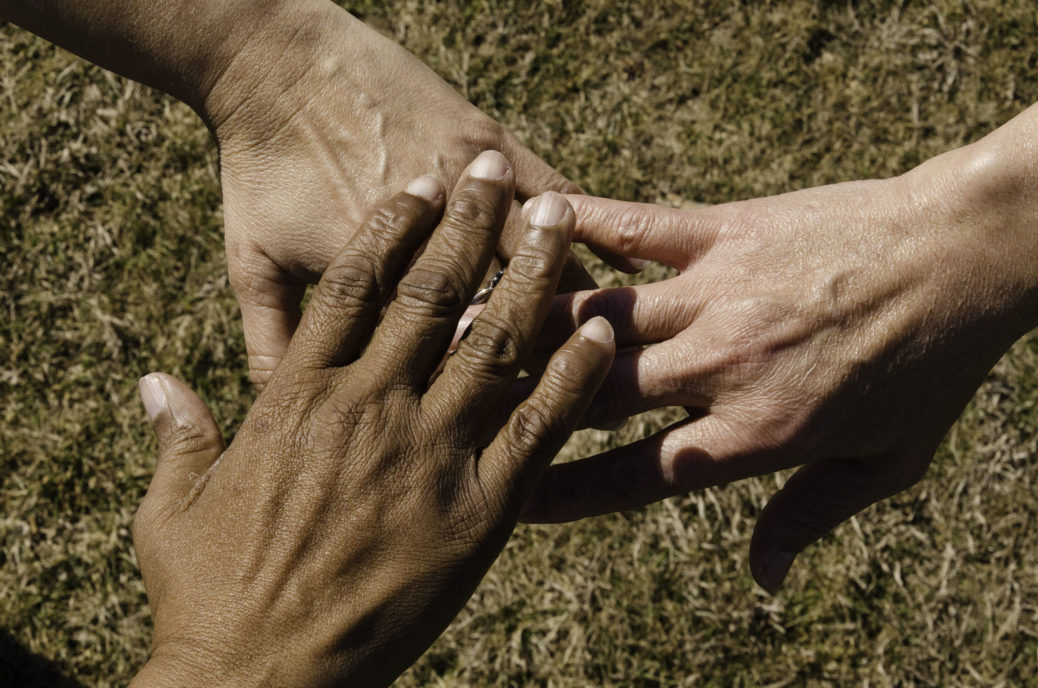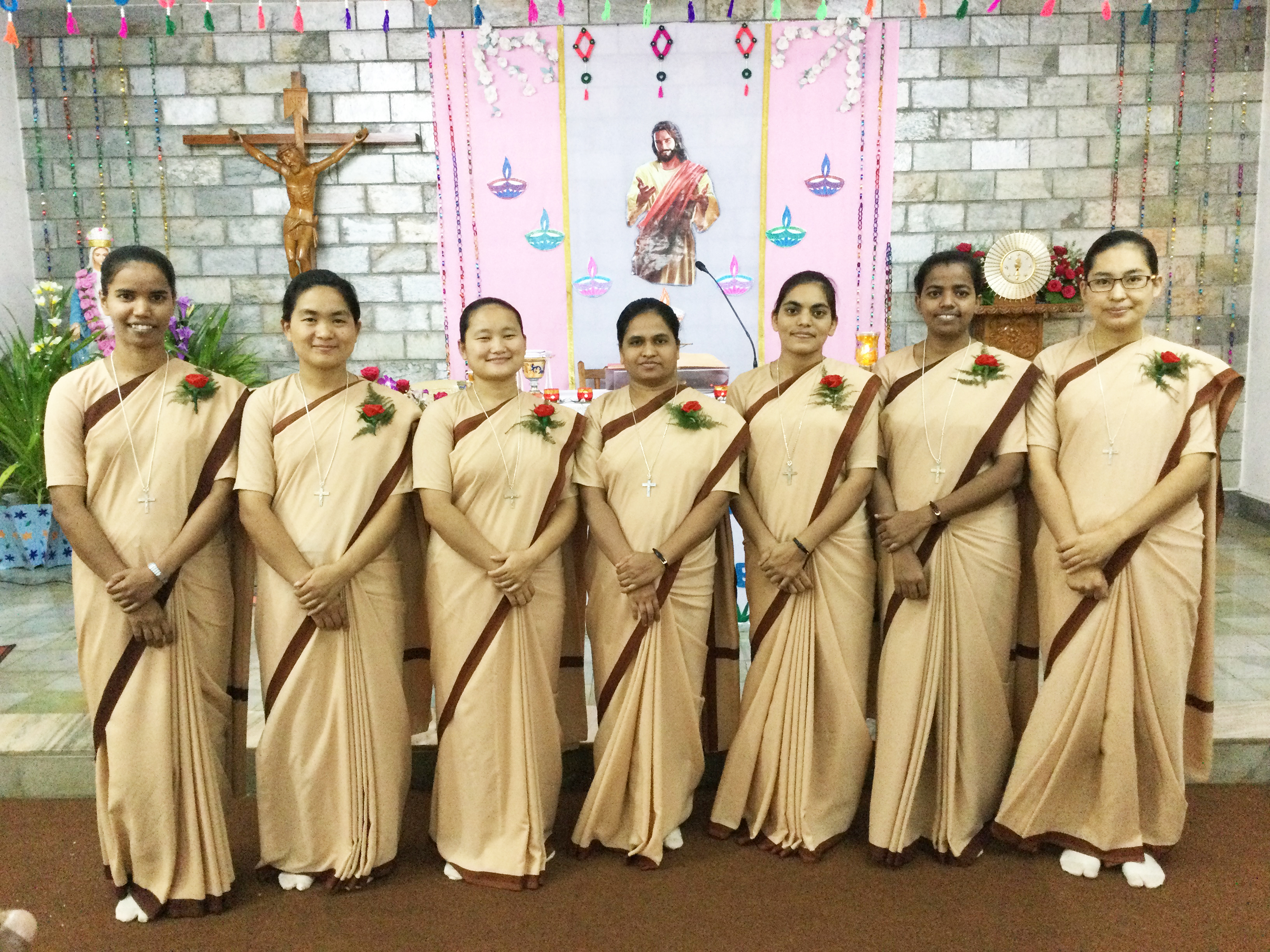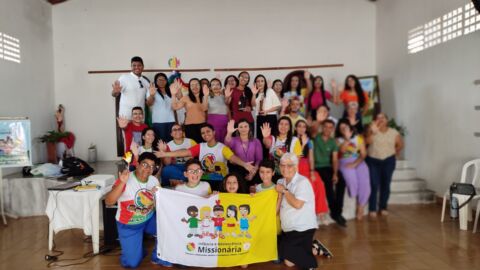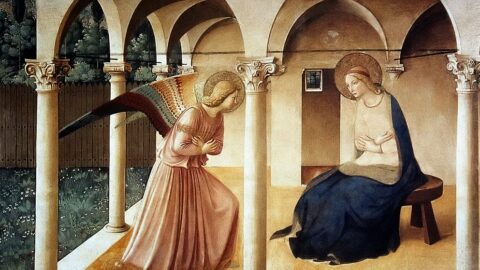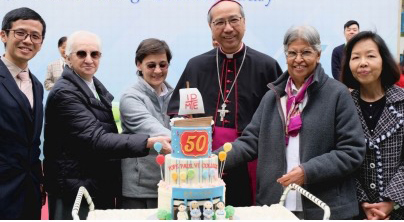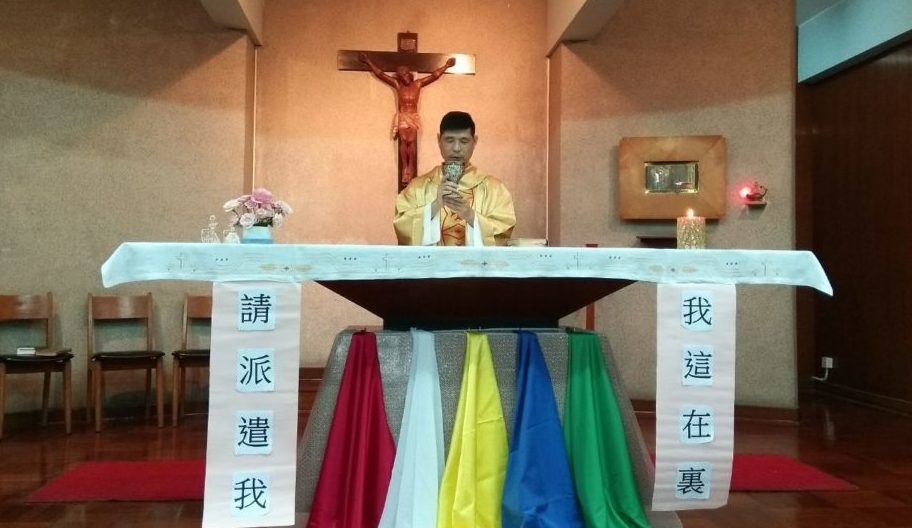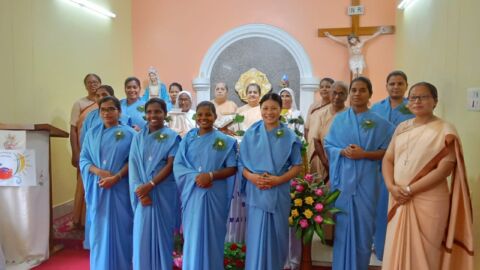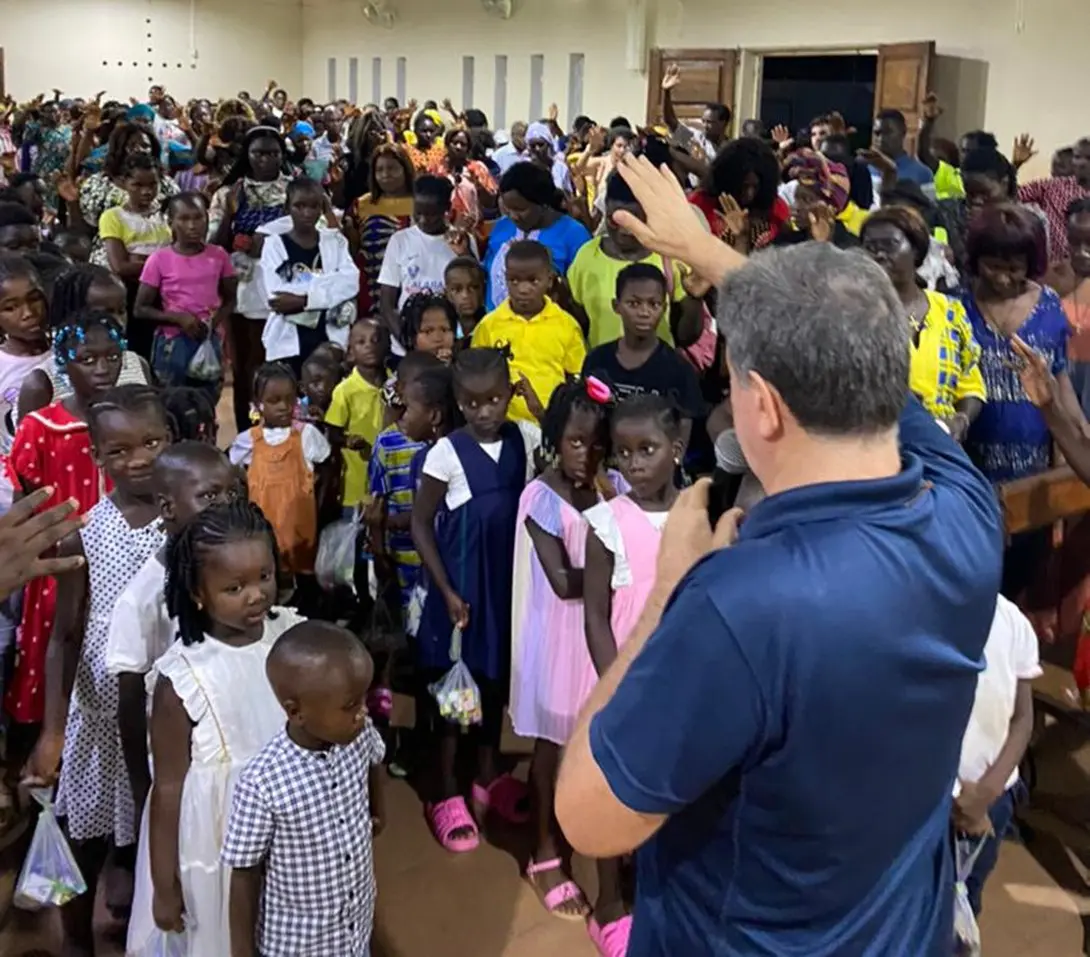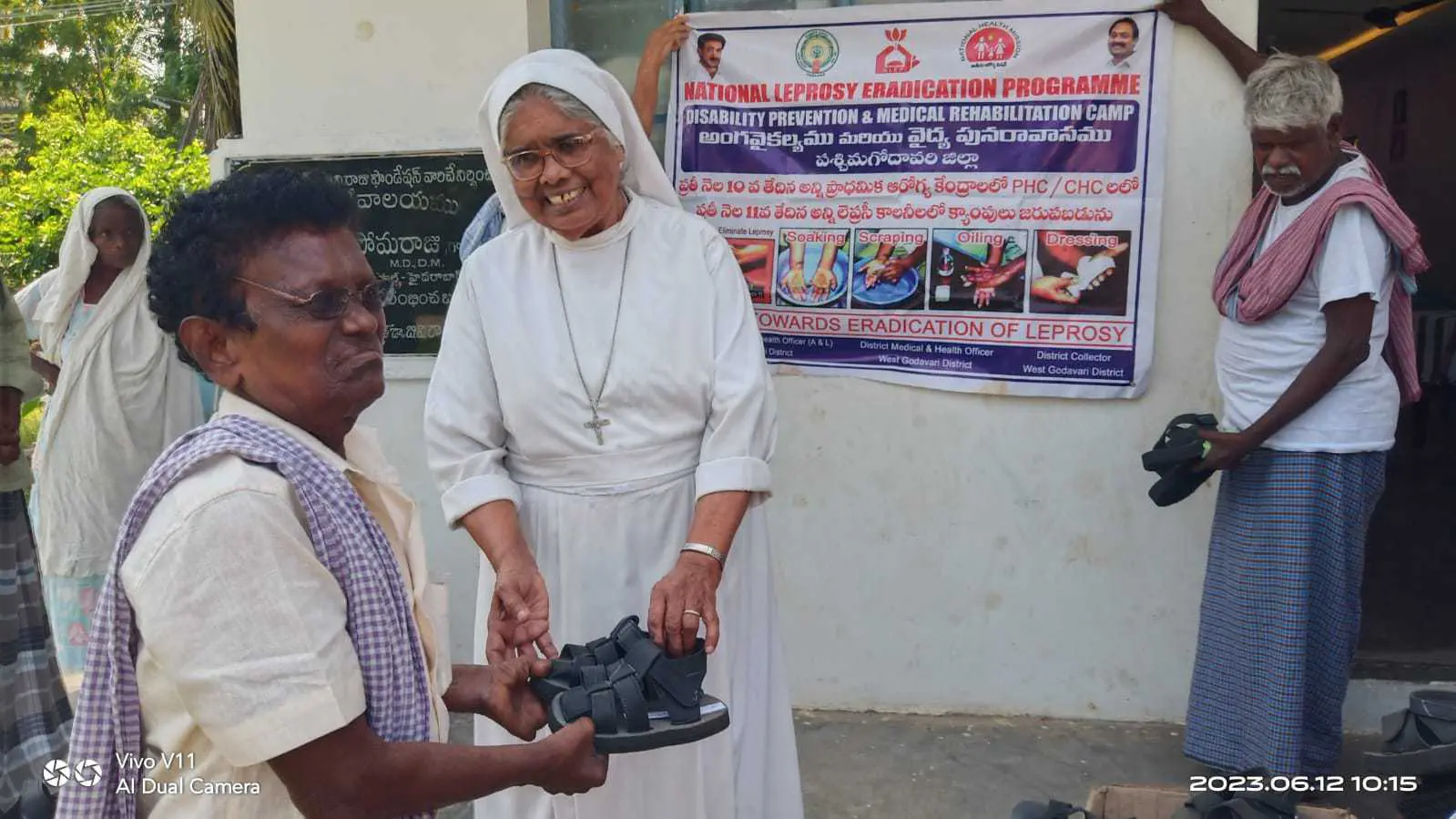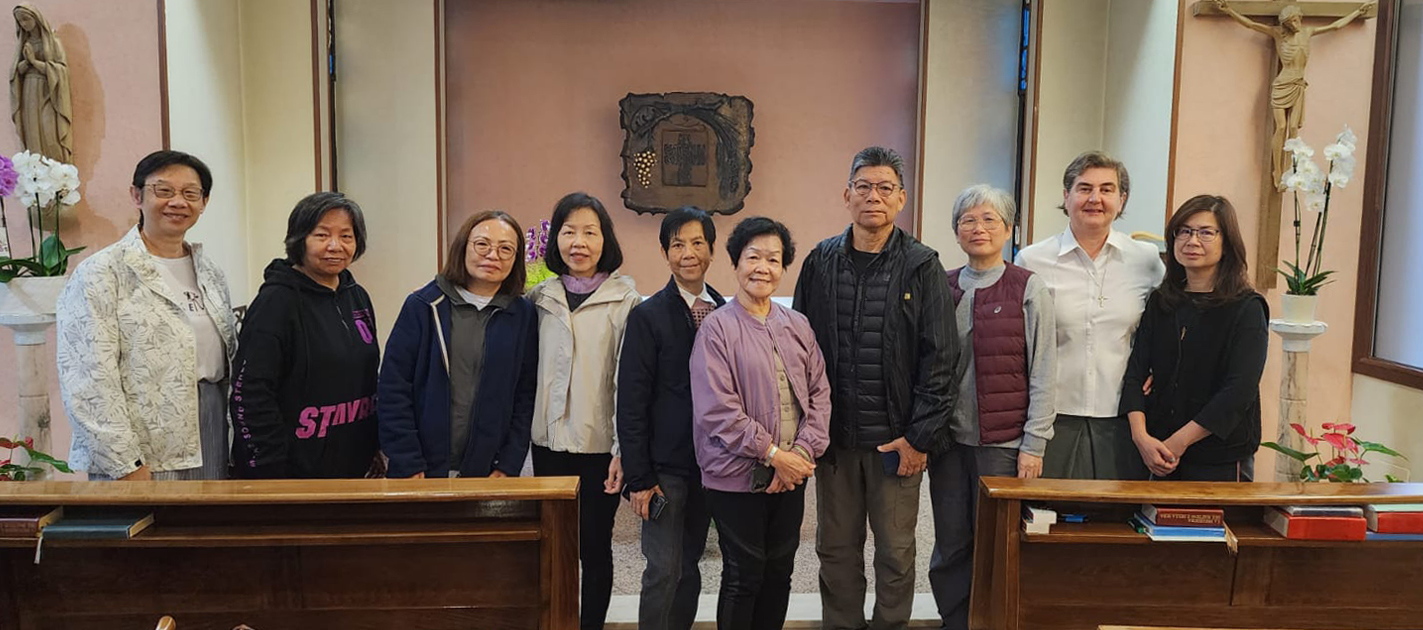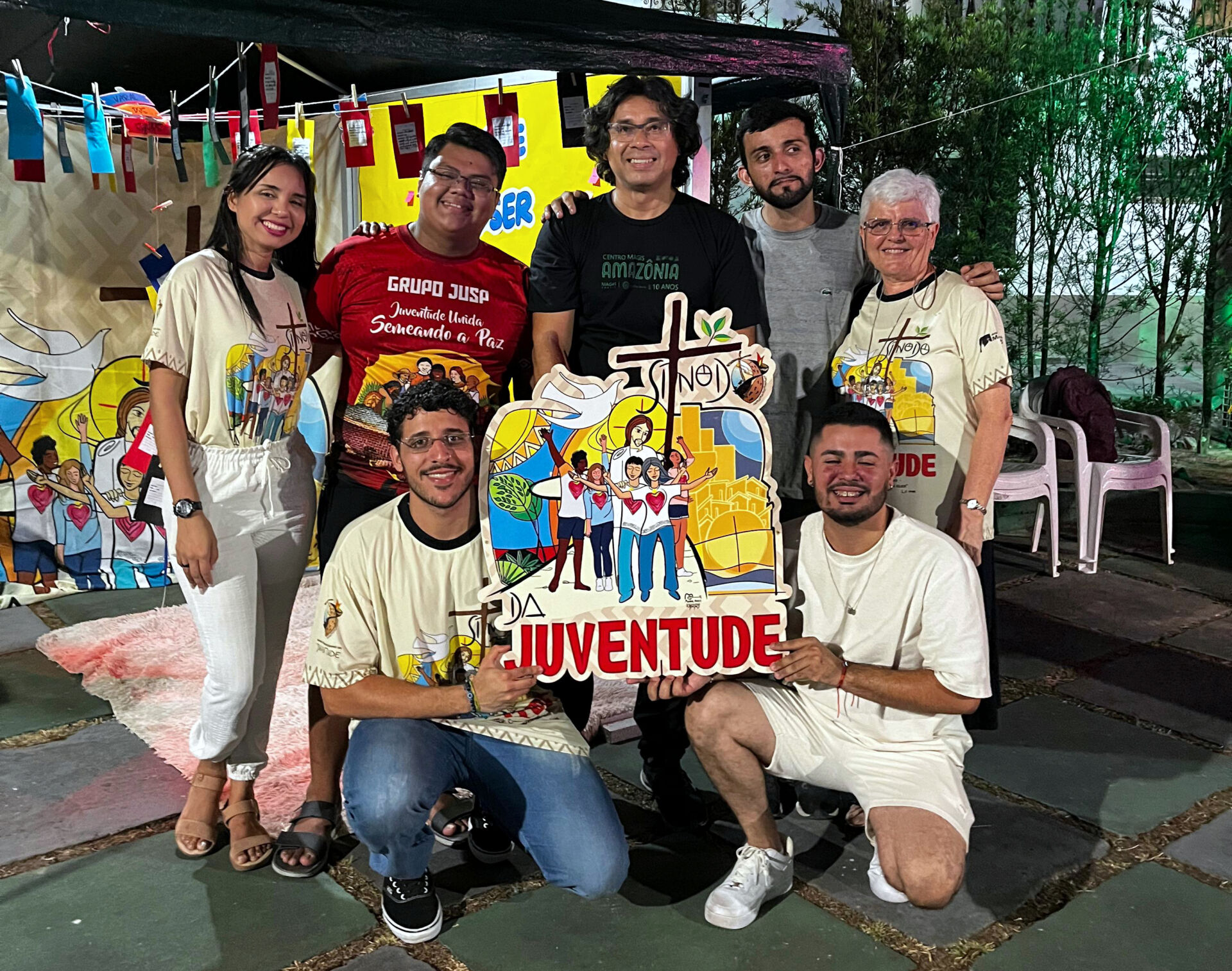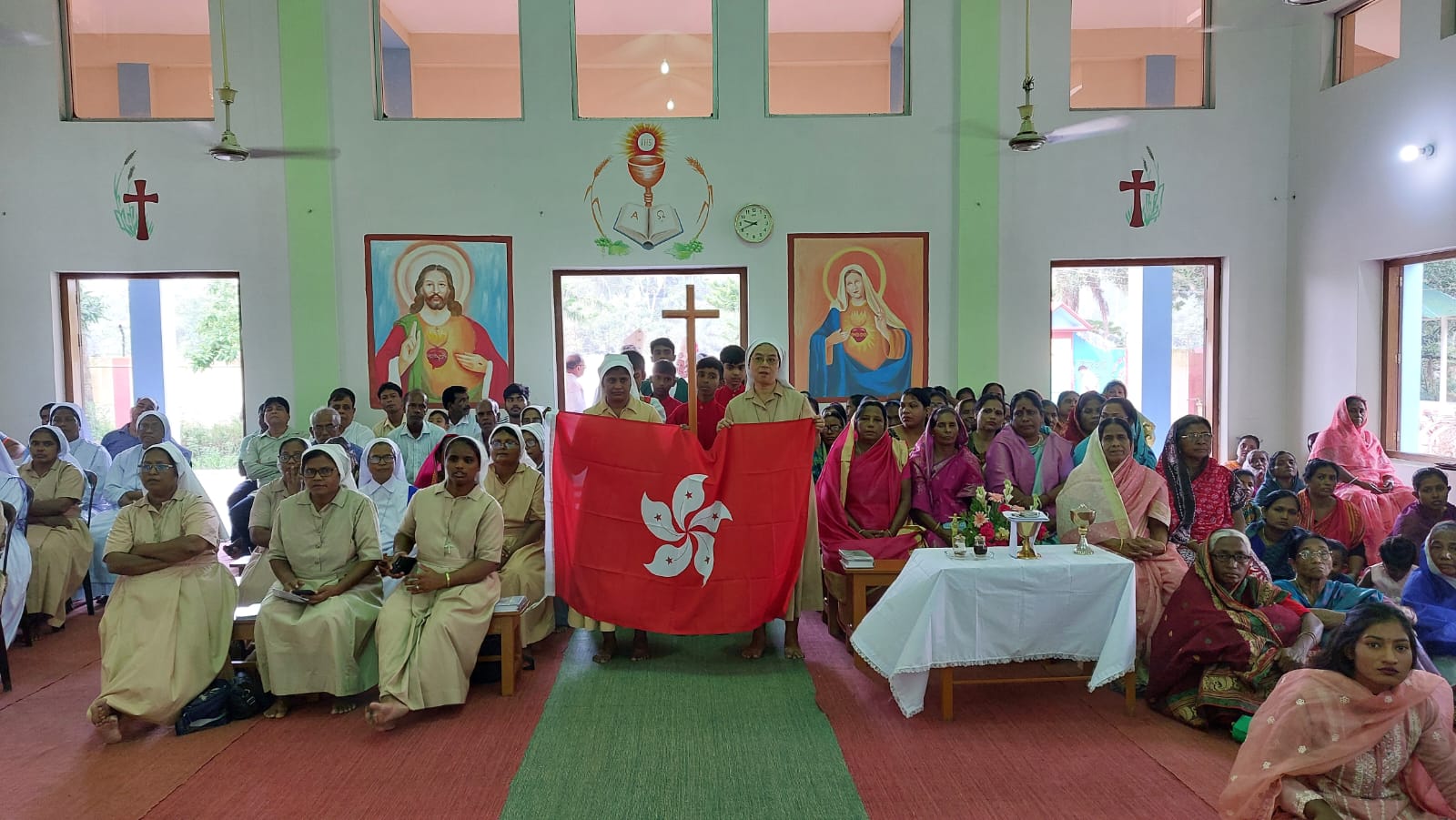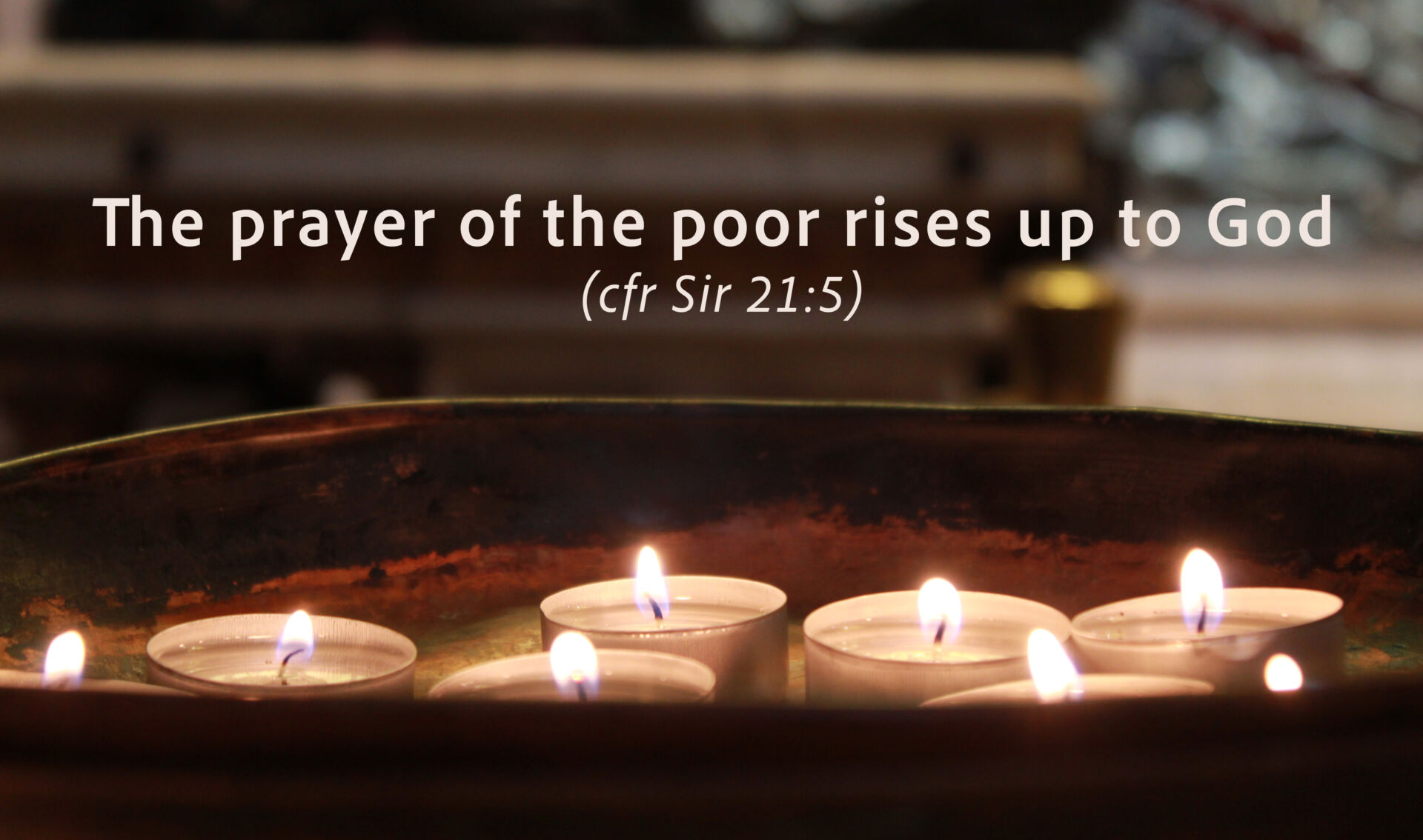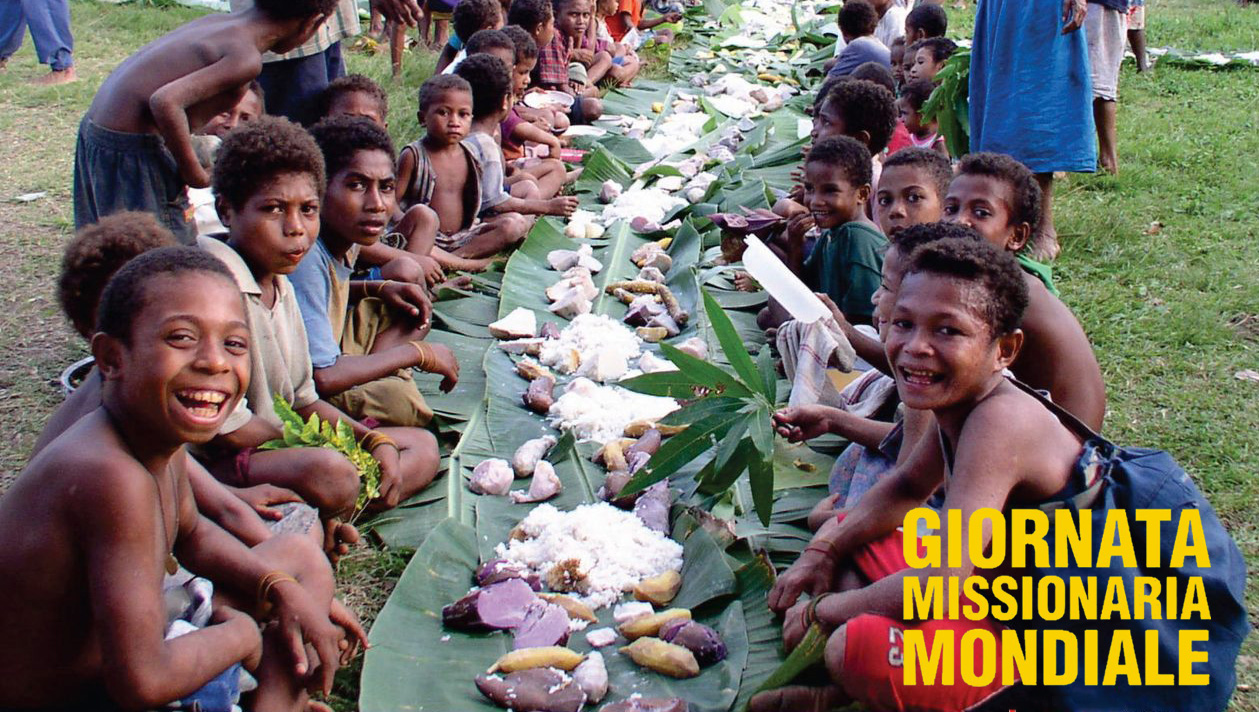Every day, through the news, we accompany the world scenario marked by the intensification of various conflicts in interpersonal and social relationships, which tend to maintain a culture of violence that involves all spheres of society.
This is what Pope Francis reminds us in his encyclical Fratelli Tutti: In many parts of the world, there is a need for paths of peace to heal open wounds. There is also a need for peacemakers, men and women prepared to work boldly and creatively to initiate processes of healing and renewed encounter (cf. 225). In fact, both in society and in the Church, “there is a need to discover an “architecture” of peace, to which different institutions of society contribute, each according to its own area of expertise, but there is also an “art” of peace that involves us all and transforms us into artisans of peace “in daily life” (cf. 231),
My experience of sharing life and faith, marked by the years spent together with the Guinean people and by the experience I am having now in Brazilian lands, is a mosaic of encounters between peoples and cultures, languages, customs and religions. Through these encounters and sometimes “clashes”, I continue to learn that these experiences can and should lead me to personal conversion.
Last year I took a course in Popular Education and Restorative Justice and thus I discovered a new path to become an “artisan of peace”, as Pope Francis says. Restorative Justice arises as an instrument of research of paths for the construction of a culture of peace and of living well together, trying to bring together the parties involved in conflicts. Through the Peace Building Circles, he wants to remedy the damage caused by a particular conflict. Hence the offender, the victim and the community can dialogue and seek possibilities for the construction of a “new social culture”, where the interested parties and conflicts can be treated in a more humane and democratic way, opening up new options for living a “culture of peace”.
I feel challenged by the gift of faith that I have received, but also by a political and social conscience, present in the social doctrine of the Church, to work to build a culture of neighbor, which leads to welcome the others and their reality with empathy. Although this process brings with it challenges, I see that in the practice of restorative justice and in peace building circles, it helps me to find paths of reconciliation and proximity. This always requires an attitude of humility and dialogue, which leads to new and profound discoveries of myself and of others.
The COVID 19 pandemic, even if it has awakened in us the need for solidarity and sharing as universal values, has put us in front of human finitude, revealing our fragility and vulnerability. In times of a pandemic, I believe that a cheerful gaze can help us to promote change. Designing peace is a process that requires us to be willing to set out, heal the wounds of errors, misunderstandings, disputes. This pushes us to recognize ourselves as someone who does not have ready answers, but who wishes to meet them in the encounter with the other who is the image of God.
Sr. Fabiana Regina dos Santos – Province of South Brazil

